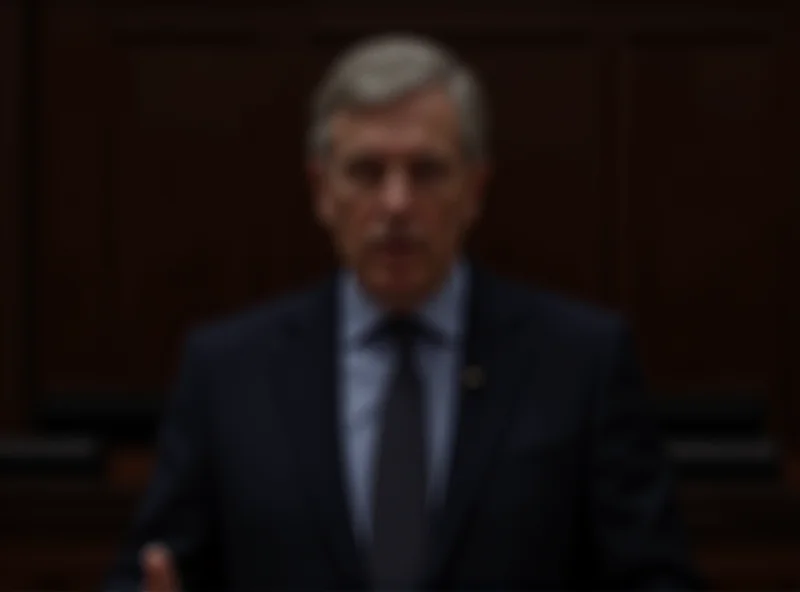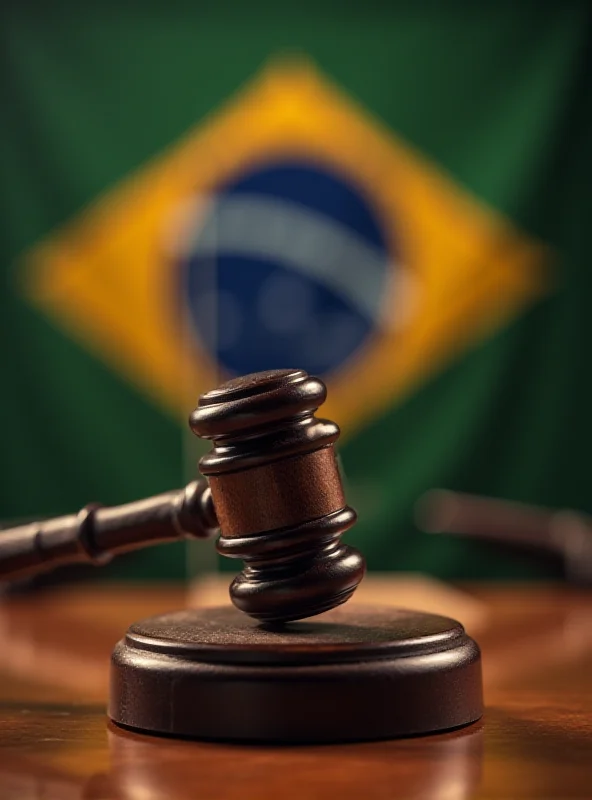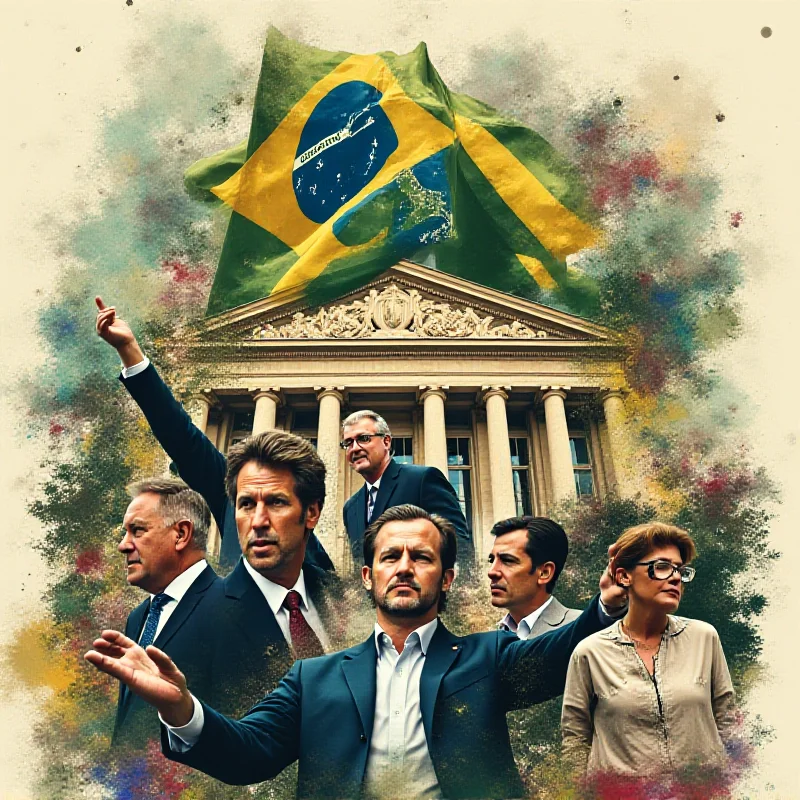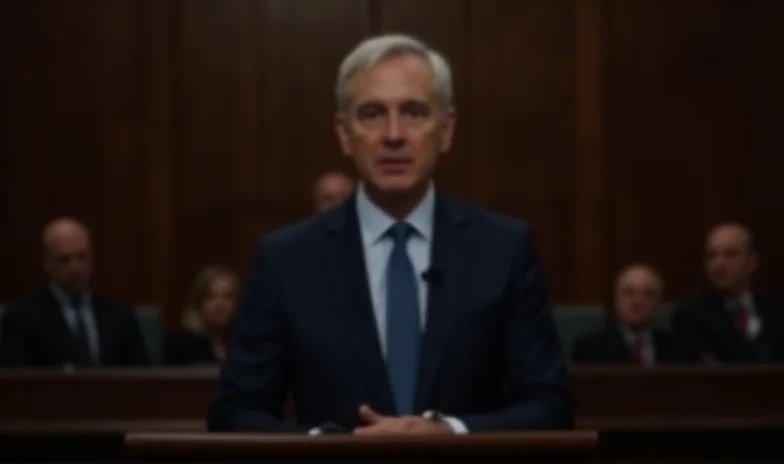Brazil's political landscape is currently dominated by legal battles and judicial decisions. From former presidents appealing convictions to the current administration securing victories in constitutional actions, the Supreme Federal Court (STF) is at the center of it all.
Collor's Last Stand?
Former President Fernando Collor is fighting an eight-year and ten-month prison sentence. His defense team presented a new appeal to the STF, challenging the decision that upheld his conviction. This marks another chapter in Collor's long and often tumultuous relationship with the Brazilian legal system. It remains to be seen whether this latest appeal will be successful.

The details of the case against Collor are complex, but the core issue revolves around allegations of corruption during his presidency. The legal process has been lengthy and fraught with challenges, and this latest appeal suggests that Collor is determined to exhaust all available legal avenues.
Lula's Legal Wins
Meanwhile, President Lula's government has been enjoying a remarkable streak of success in the STF. According to reports, the government has secured favorable rulings in 9 out of 10 constitutional actions since the beginning of Lula's term. This success is largely attributed to the efforts of the Attorney General's Office (AGU), which has strategically presented the government's case before the court.
This alignment between the government and the STF raises questions about the separation of powers and the independence of the judiciary. Critics argue that such a high success rate suggests undue influence, while supporters maintain that it simply reflects the strength of the government's legal arguments.
Other Legal Developments
The STF is also dealing with other politically charged cases. Former Abin director Ramagem told the STF that during a period of alleged "radicalization" in 2022, he was focused on his campaign to become a deputy and saw no logic in attacking a governmental power for which he had been elected. This statement comes amid ongoing investigations into the activities of Abin during that period.

Furthermore, Minister Gonet of the STF has issued an adverse opinion regarding former President Bolsonaro's request for more time in an ongoing investigation. Bolsonaro's lawyers have also filed a regimental grievance seeking access to raw media footage related to the investigation. This ongoing legal battle underscores the intense political polarization in Brazil.
Finally, Colonel Bernardo Romão Correa Netto and Lieutenant Colonel Ronald Ferreira de Araújo Junior have presented their initial defenses in connection with an alleged coup attempt. The details of these defenses are still emerging, but the case highlights the ongoing concerns about democratic stability in Brazil.

In conclusion, the Brazilian legal system is currently grappling with a multitude of high-profile cases involving prominent political figures. These cases have significant implications for the country's political landscape and raise important questions about the rule of law and the separation of powers.
